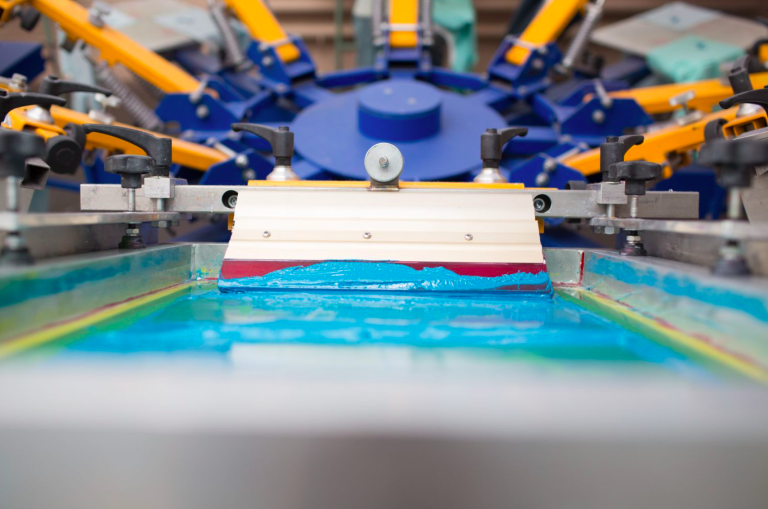AI in Education: Enhancing Student Assessment Tools
As the world of education continues to evolve, the integration of Artificial Intelligence (AI) is paving the way for innovative assessment tools. These tools are not just about grading papers anymore; they are about understanding students on a deeper level. Let’s dive into how AI is enhancing student assessment tools and why it’s a game-changer for educators and learners alike.
Table of Contents
1. Introduction to AI in Education
2. How AI is Transforming Student Assessments
3. Benefits of AI-Powered Assessment Tools
4. Challenges and Considerations
5. The Future of AI in Educational Assessments
6. Conclusion
7. FAQs
Introduction to AI in Education
AI is not just a buzzword—it’s actively reshaping the educational landscape. From personalized learning experiences to smart content creation, AI’s influence is growing. But where it truly shines is in student assessments, offering a fresh perspective on how we evaluate learning outcomes.
How AI is Transforming Student Assessments
Gone are the days of one-size-fits-all testing. AI-powered assessment tools have introduced adaptive testing, where the difficulty of questions adjusts based on the student’s performance. This means each student gets a tailored assessment that accurately reflects their understanding and skills. 🎓
Moreover, AI can analyze patterns in student responses to provide insights into their learning styles and potential areas of improvement. This data-driven approach helps educators develop more effective teaching strategies.
Benefits of AI-Powered Assessment Tools
AI offers numerous benefits when it comes to student assessments, including:
1. Enhanced Accuracy: AI minimizes human error in grading, ensuring more consistent and fair assessments.
2. Real-Time Feedback: Instant feedback empowers students to understand their mistakes immediately and learn from them, fostering a growth mindset. ⏱️
3. Personalized Learning: By identifying individual strengths and weaknesses, AI enables personalized learning paths that cater to each student’s needs.
Challenges and Considerations
While AI presents exciting possibilities, it’s essential to consider the challenges. Data privacy is a significant concern, as these tools require access to student information. Ensuring that this data is secure and used ethically is paramount. 🔒
Additionally, there’s a learning curve for educators to effectively integrate and utilize these tools. Training and support are crucial to maximize AI’s potential in educational settings.
The Future of AI in Educational Assessments
The future looks promising! With ongoing advancements, AI will continue to refine assessment tools, making them even more intuitive and insightful. We can expect more holistic evaluation methods that consider emotional and social intelligence, not just academic abilities.
Conclusion
AI is revolutionizing student assessments, offering tools that are more accurate, personalized, and insightful. While challenges exist, the benefits far outweigh them, promising a brighter future for education. As AI continues to evolve, so too will our ability to nurture and inspire the next generation of learners.
FAQs
Q1: How does AI improve the accuracy of student assessments?
A1: AI minimizes human error and biases in grading by using algorithms that ensure consistent and fair evaluation.
Q2: Are AI-powered assessment tools expensive for schools to implement?
A2: While initial costs can be high, many AI tools offer scalable solutions that can eventually lead to cost savings through efficiency and improved learning outcomes.
Q3: What measures are in place to protect student data in AI systems?
A3: Schools and developers implement strict data privacy protocols, ensuring that student information is secure and used ethically.
Q4: Can AI tools replace teachers?
A4: No, AI tools are designed to assist educators, not replace them. They provide valuable insights and support, allowing teachers to focus on personalized instruction.
Q5: How can teachers get trained to use AI assessment tools effectively?
A5: Many educational institutions offer professional development programs and workshops to help teachers integrate AI tools into their classrooms effectively.


